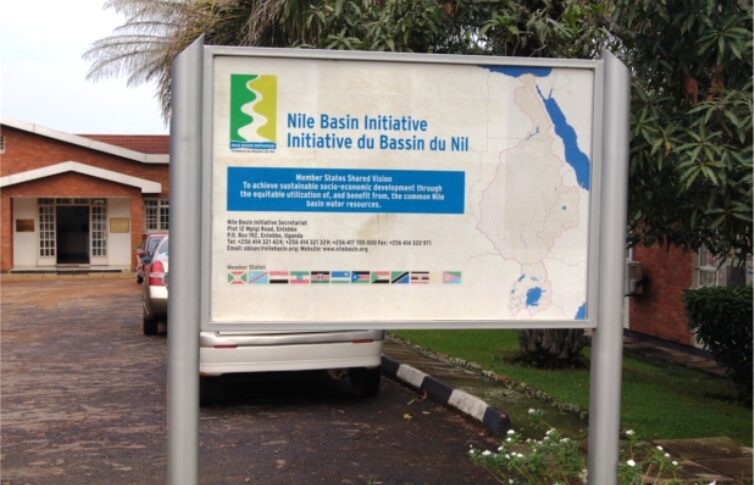Nile Basin gathering calls for regional cooperation
September 8, 2022 (KHARTOUM) – Participants from riparian countries stressed a need for strong cooperation among the Nile Basin countries with regard to the equitable and reasonable use of Nile water resources.
The call was made during a high-level conference held among the Nile basin countries in the Ethiopian capital, Addis Ababa.
The three-day meeting, which concluded on Wednesday, brought together scholars in hydropower, researchers, water resource management fields, and former government officials of respective countries.
Representatives reaffirmed a need for stronger cooperation and called on members of the initiative to expedite the ratification of the Nile River Basin Cooperative Framework Agreement (CFA).
In his elaborated presentation entitled, “Equitable and Reasonable Use of the Nile and GERD Negotiations for a Collective Gain,” Engineer Gedion Asfaw, Chair of the GERD Technical Negotiating Team and Advisor on Transboundary Waters, cooperation during the filling, benefits of the GERD, and drivers of cooperation.
He briefed the participants about the stage-based filling of the Grand Ethiopian Renaissance Dam (GERD) and cooperation during the filling, the benefits of the massive Ethiopian dam, and the drivers of cooperation.
Gedion, citing the key benefits of the GERD and drivers of cooperation, listed four important points.
He said the key benefits and drivers of cooperation between the basin countries include energy generation for the region, regional power market, water storage and conservation; and national capacity.
In his presentation, Mohamoud Zainelabdin, a participant from Sudan, among other things, stated the importance of having mutual understanding between basin countries and expediting ratification of the CFA by all basin countries for the mutual benefit of the countries.
For his part, Osman Hamad Eltom, former Irrigation Minister of Sudan, presented a wide range of cooperation areas between and among regional basin countries.
The former minister said, there is a list of win-win cooperation areas between Sudan and Ethiopia, including culture, border trade, ongoing Ministerial Committee cooperation, and climate challenges that can be an area of mutual partnership.
Similarly, basin-wide countries have numerous areas of possible cooperation, including the equitable and reasonable utilization of the Nile water resources.
Professor Yilma Sileshi, Addis Ababa University, in his presentation, among others, elucidated cooperation based on a comprehensive water treaty in the transboundary river basin.
The NBI is a regional intergovernmental partnership of ten countries: Ethiopia, Uganda, Tanzania, Egypt, Sudan, South Sudan, Rwanda, Kenya, Burundi, and the DRC.
It is to be recalled that, during the Nile Basin countries’ one-day ministerial meeting in Dar es Salaam, Tanzania, last month, Ethiopia and Uganda urged the members of the initiative to expedite the ratification of the Nile River Basin Cooperative Framework Agreement (CFA).
Project visit
After concluding the meeting in Addis Ababa, representatives of the riparian countries visited the Grand Ethiopian Renaissance Dam project.
The visit comes a few weeks after Ethiopia completed the third filling of the controversial Nile mega-dam, which Addis Ababa is building on the Nile river near the Sudanese border.
The massive $5 billion dam, set to be Africa’s largest hydroelectric scheme, has been at the centre of a regional dispute since the Horn of Africa nation broke ground on the project in 2011.
Egypt and Sudan view the project as a threat to their water supply because of their dependence on Nile waters.
Meanwhile, Kifle Horo, GERD project’s chief manager, on Thursday said that an additional 60 billion birr ($ 1.1 billion) is required to complete the project.
(ST)

